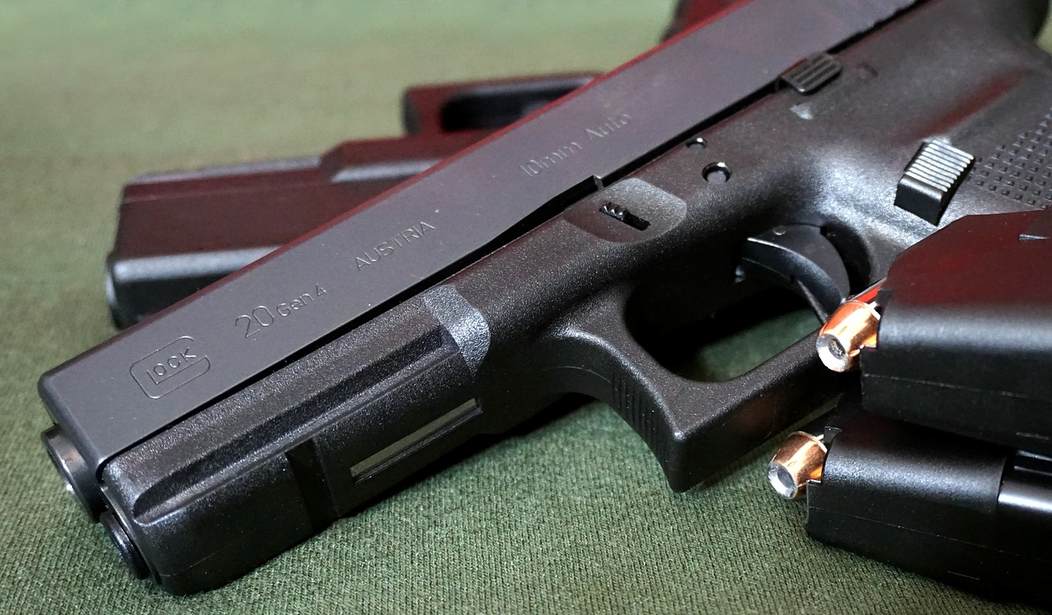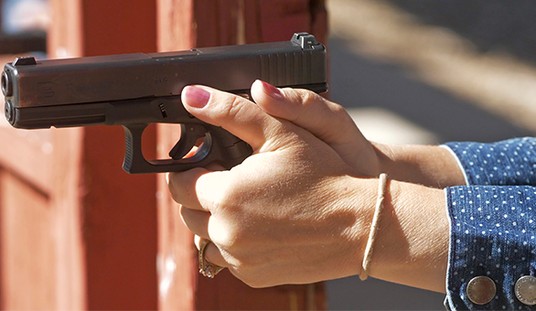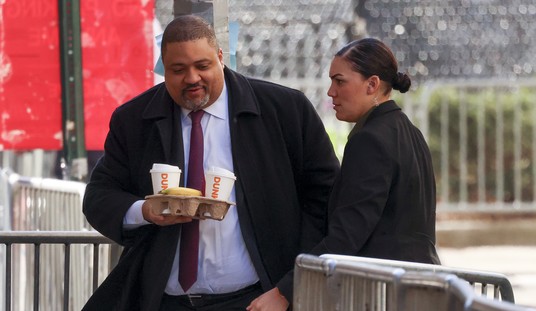And it's not "Saint" Benitez who's swatting the collective backsides of CalDOJ attorneys this time. Instead, U.S. District Judge James Donato was the one delivering a stinging rebuke to Attorney General Rob Bonta and his office in a case brought by three people unable to possess firearms under California law despite having their rights restored in the states where they committed non-violent felonies decades ago.
Chad Linton, Paul McKinley Stewart, and Kendall Jones all have compelling stories about California's ridiculous restriction, but Jones' tale is probably the most egregious of the three. Almost 44 years ago, when Jones was 19, he was arrested and charged with credit card fraud in Houston, Texas. Jones maintains that he mistakenly used the credit card under false pretenses, but when a Texas prosecutor offered him a plea bargain that would set aside and dismiss the charges after he completed probation on a single count of third-degree felony of credit card abuse, he took the deal.
Jones completed his probation without issue and had his conviction set aside in 1983. The following year he moved to California and started a career in law enforcement (yep, that's right). In 2010 CalDOJ even issued him a Certificate of Eligibility ensuring his eligibility to possess and purchase firearms and ammunition under state and federal law. When Jones tried to renew his COE in 2018, however, the state rejected him because of his felony plea in Texas decades earlier. Since then, Jones spent 30 years in law enforcement in California, but now cannot touch a gun or a round of ammunition without breaking state law.
Linton and Stewart have similar stories of long-ago convictions that were set aside but are still on the books as far as California is concerned. The three, along with groups like Firearms Policy Coalition, Second Amendment Foundation, California Gun Rights Foundation, and the Madison Society Foundation, sued the state over its enforcement of Penal Code Section 29800, which states that " [a]ny person who has been convicted of a felony under the laws of the United States, the State of California, or any other state, government, or country” is prohibited from owning or possessing firearms (a separate statute bars those same individuals from possessing ammunition).
As Donato discovered, California's position is basically once a felon, always a felon. It doesn't matter if convictions were set aside or expunged in the state where the crime was committed. Even those who had their convictions dismissed by a California court aren't allowed to own, possess, or have custody or control of a firearm afterward.
Donato found in favor of the three plaintiffs, rejecting California's premise. As he noted, all three plaintiffs have lived for decades without running afoul of the criminal justice system, and Jones served as a correctional officer and firearms instructor for the state for more than twenty years without issue.
The undisputed facts indicate that Linton and Stewart are also fairly described as law-abiding citizens. Linton is a veteran of the United States Navy with a clean criminal record for the past 37 years. Stewart has had a clean criminal record for the past 48 years. California simply turned a blind eye to these circumstances, and did not account for them in any meaningful way in its discussion of the constitutional right to keep and bear arms.
Donato also took California to task for not identifying any applicable authority for its position, as well as presenting "nothing in the way of historical evidence" in support of its prohibition. As the judge wrote, "that will not do under Bruen."
California’s suggestion that it might have tried harder if the Court had asked is poorly taken. The Supreme Court made clear that the government bears the burden of proving the element of a national historical tradition. California had every opportunity to present any historical evidence it believedwould carry its burden. It chose not to do so.
It also bears emphasis that the Court is not a helicopter parent. It is manifestly not the Court’s job to poke and prod litigants to live up to their burdens of proof. California’s request that the Court “order additional expert discovery and briefing" is consequently denied.
Overall, California did not demonstrate that permanently denying firearms to these plaintiffs accords with the “unqualified command” in the Second Amendment of the right to bear arms. Summary judgment is granted in favor of plaintiffs on the Second Amendment claim.
Donato made the right call, and hopefully any appeal by Rob Bonta won't delay the ability of the three plaintiffs to lawfully exercise their restored rights in California going forward. This was an as-applied challenge, so Donato's ruling only applies to the three plaintiffs, but it also offers a road map for others in similar situations to find relief in the future, The best course of action would be for lawmakers in Sacramento to revise the state's penal code and recognize that when convictions have been set aside in the state where those crimes were committed, they cannot be used to deprive individuals of their Second Amendment rights in California. That might be too much common sense for the anti-gunners, but Donato's decision at least opens the door for more Californians to find justice and have their rights restored going forward.









Join the conversation as a VIP Member